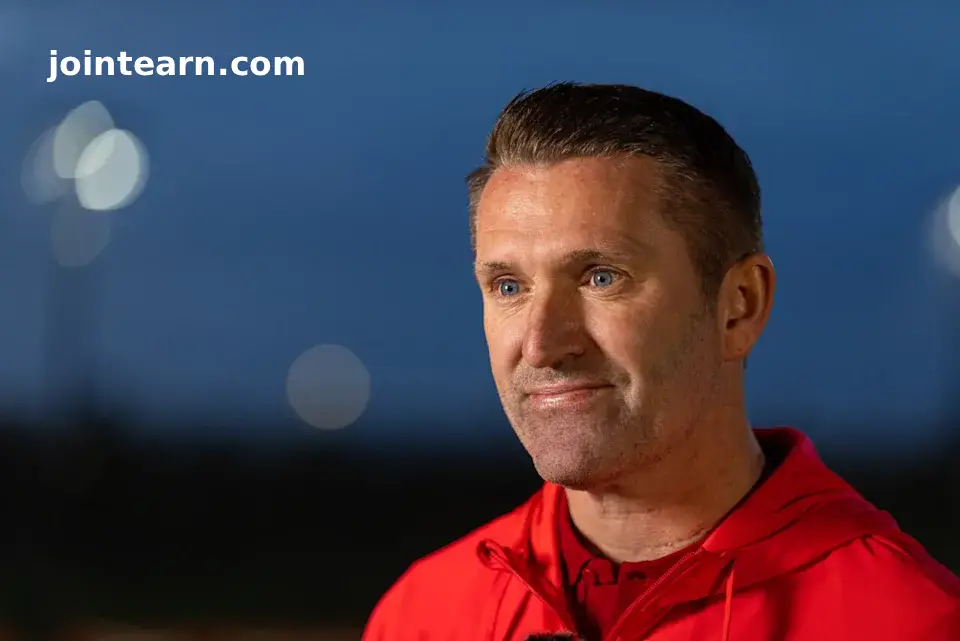
Celtic Football Club is preparing for a major transition following the unexpected departure of Brendan Rodgers, who resigned this week, ending his second tenure at Parkhead. The Northern Irish manager leaves behind a club grappling with inconsistency, a rocky start to the season, and internal tensions that have intensified in recent months.
Brendan Rodgers’ Exit: What Went Wrong?
Rodgers’ resignation came on the heels of a 3-1 defeat to Scottish Premiership leaders Hearts, a loss that left Celtic eight points behind at the top of the table. For many observers, the result was the tipping point in a season already marked by uncertainty and frustration.
Shortly after Rodgers’ departure, Celtic’s principal shareholder, Dermot Desmond, released an open letter addressing the circumstances of the resignation. Desmond accused Rodgers of misleading both the club and fans regarding contract negotiations and transfer plans. According to Desmond, Rodgers falsely suggested that Celtic had not offered him a contract extension, when in fact discussions had been underway months earlier.
Desmond went further, describing Rodgers’ recent behavior as “divisive” and “self-serving,” highlighting the fractured relationship between the manager and the board. Sources close to Celtic Park report that internal communication had been deteriorating for months, creating a tense environment behind the scenes.
In the interim, Martin O’Neill and Shaun Maloney have been appointed to manage the team temporarily. Their primary task is to stabilize the squad and halt further decline while Celtic searches for a permanent managerial replacement.
Robbie Keane: The Front-Runner for the Celtic Job
Among the candidates under consideration, former Liverpool and Tottenham striker Robbie Keane has emerged as a serious contender to take the helm at Celtic. According to reports from The Telegraph, Keane is on a shortlist of potential managers and could be approached in the coming weeks.
Keane’s managerial career has been gaining momentum. He began his first full managerial role in June 2023 with Maccabi Tel Aviv in Israel, earning praise for his attacking, dynamic style. After departing in mid-2024, he joined Ferencváros in Hungary in January 2025, quickly achieving remarkable results.
Under Keane’s leadership, Ferencváros won a seventh consecutive Hungarian league title and progressed to the Europa League knockout stages, feats that have attracted attention across Europe and boosted his reputation as a promising young manager.
A Strong Historical Connection with Celtic
Keane’s past connection to Celtic makes him a particularly attractive option. During a short loan spell at Parkhead in 2010, he scored 16 goals in 19 appearances, quickly becoming a fan favorite thanks to his professionalism and passion. A return as manager would not only bring experience and tactical insight but also resonate with supporters who remember his playing days fondly.
Additionally, Keane’s links to Liverpool and Celtic create a symbolic bridge between clubs with rich histories, passionate fanbases, and a culture of excellence. As Ireland’s all-time leading goalscorer, his international pedigree could also provide him with the authority needed to handle the pressures of managing a club of Celtic’s stature.
Dermot Desmond Faces Crucial Decision
The Celtic board, led by Dermot Desmond, now faces a defining choice for the club’s future. Whether opting for a figure with a strong cultural connection like Keane or a more seasoned managerial candidate, the goal is clear: restore unity, stability, and momentum after months of turmoil.
At 45, Robbie Keane represents a blend of ambition and calculated risk — a manager with fresh ideas and a deep understanding of Celtic’s culture, yet still early in his coaching journey. As Celtic aims to reclaim dominance both domestically and in European competitions, Keane’s combination of passion, experience, and tactical knowledge could prove decisive.


Leave a Reply